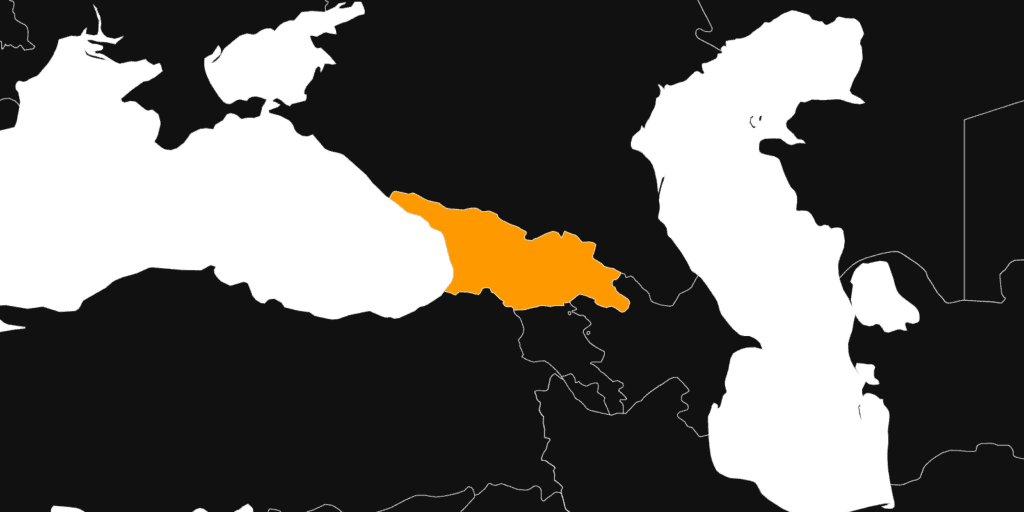
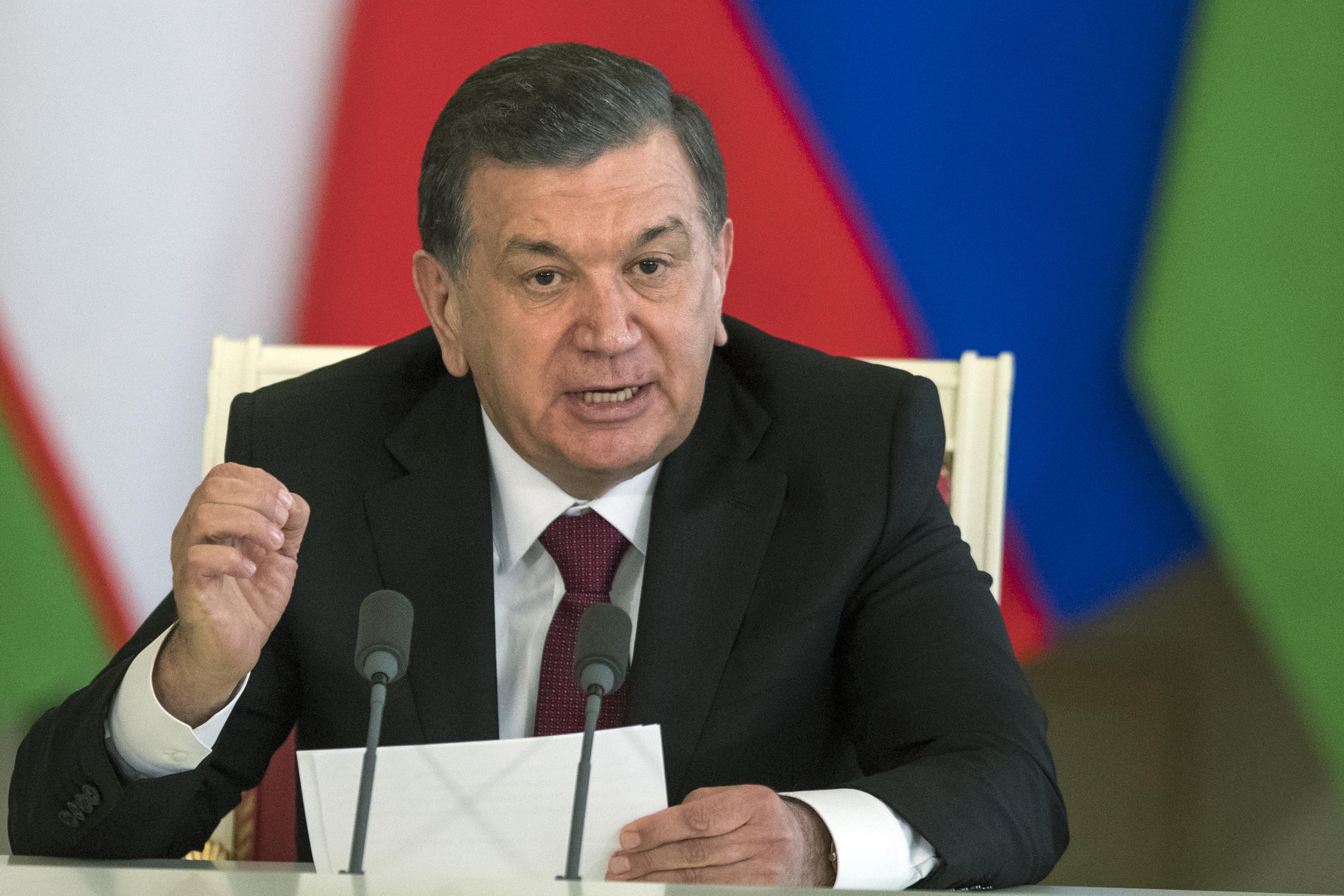
Uzbekistan: UN staffer free after 11 years
Erkin Musaev had been imprisoned since 2006 and was granted early release on orders of President Shavkat Mirziyoyev.
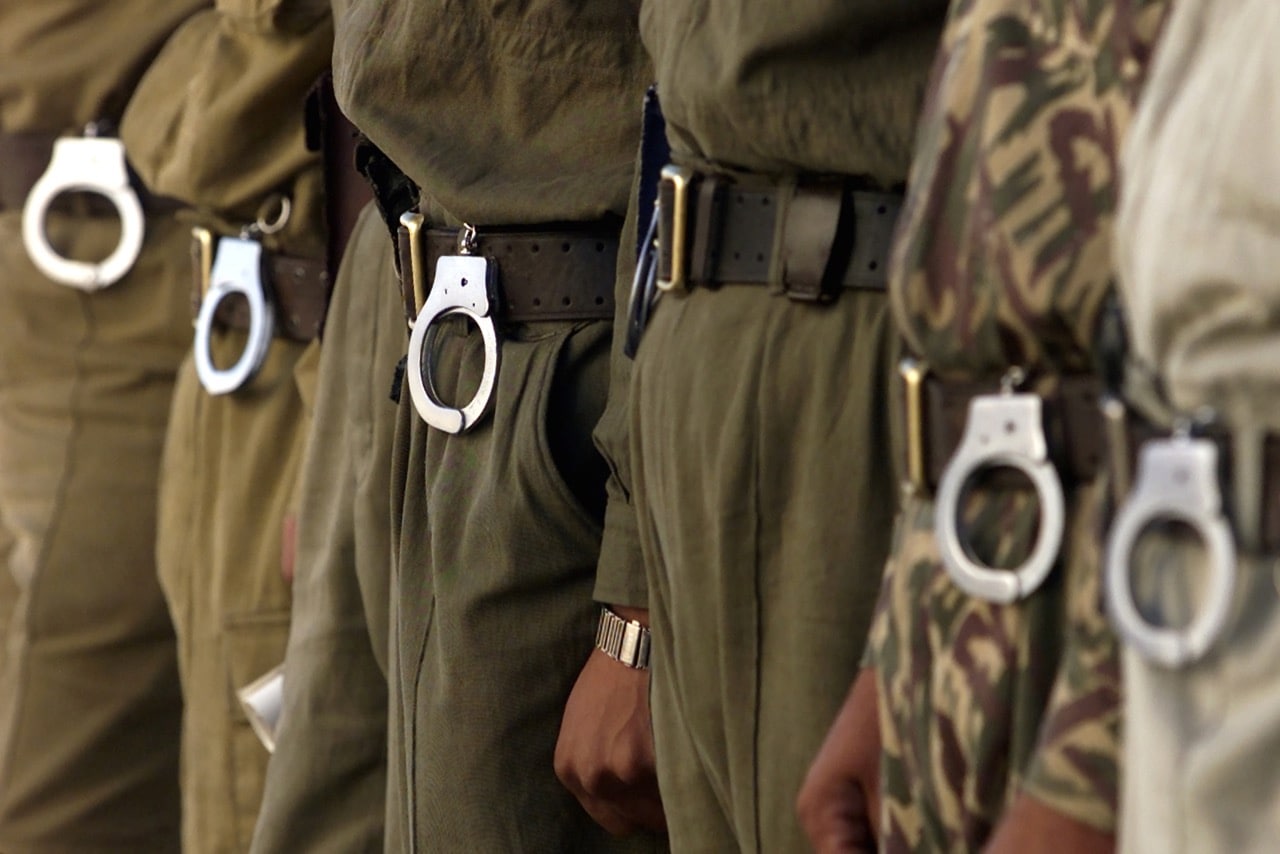
Russia: Journalist faces expulsion to Uzbekistan
Uzbek journalist and asylum-seeker Khodoberdi Nurmatov faces a risk of ill-treatment, including torture, if Russia returns him to Uzbekistan, Human Rights Watch said.
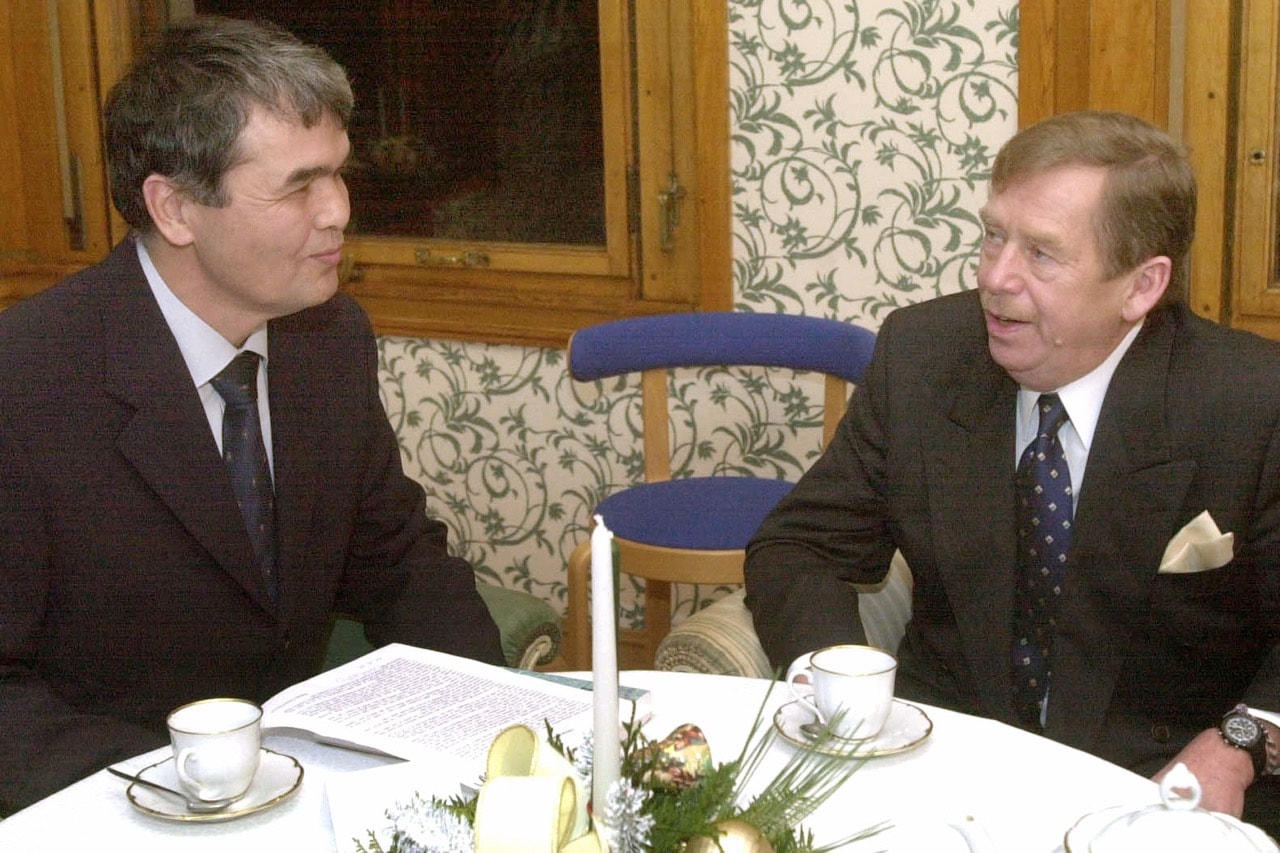
Imprisoned dissident dies in custody in Uzbekistan
The Uzbek government is urged to immediately allow an independent investigation into the enforced disappearance and death in prison of a human rights and opposition activist, Nuraddin Jumaniyazov.
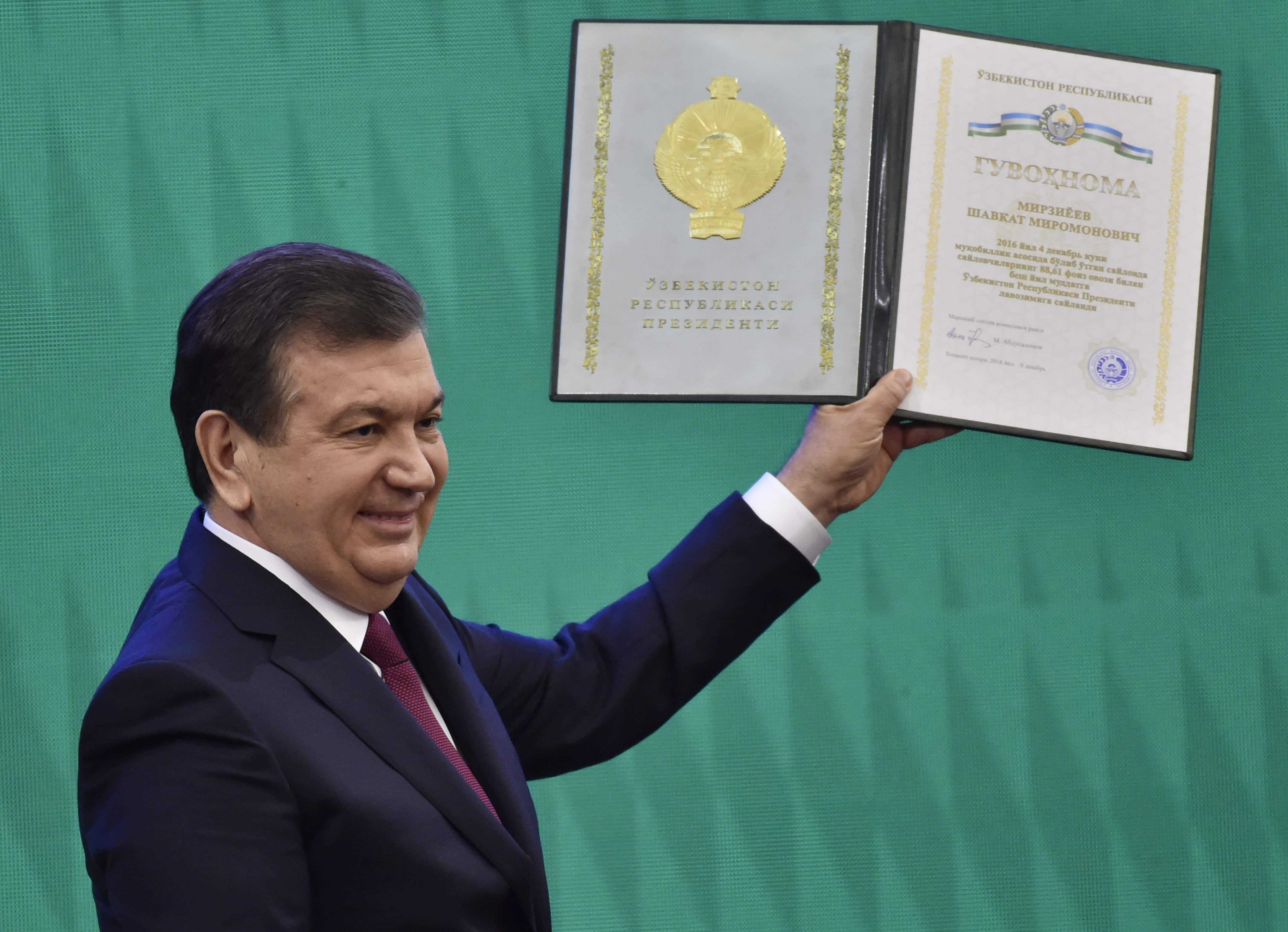
Uzbek political prisoner free after 19 years
Rustam Usmanov, a peaceful political activist imprisoned arbitrarily in Uzbekistan for 19 years and brutally tortured, was finally freed on 13 February 2017, at the end of his prison term.

One of world’s longest-imprisoned journalists now placed in solitary confinement
Muhammad Bekjanov – an Uzbek journalist who tried to initiate debate on taboo subjects such as the use of forced labour in the cotton harvest – has been placed in solitary confinement. The journalist has been in prison for 17 years, and the move could be a sign that the government is preparing to extend his prison term yet again.
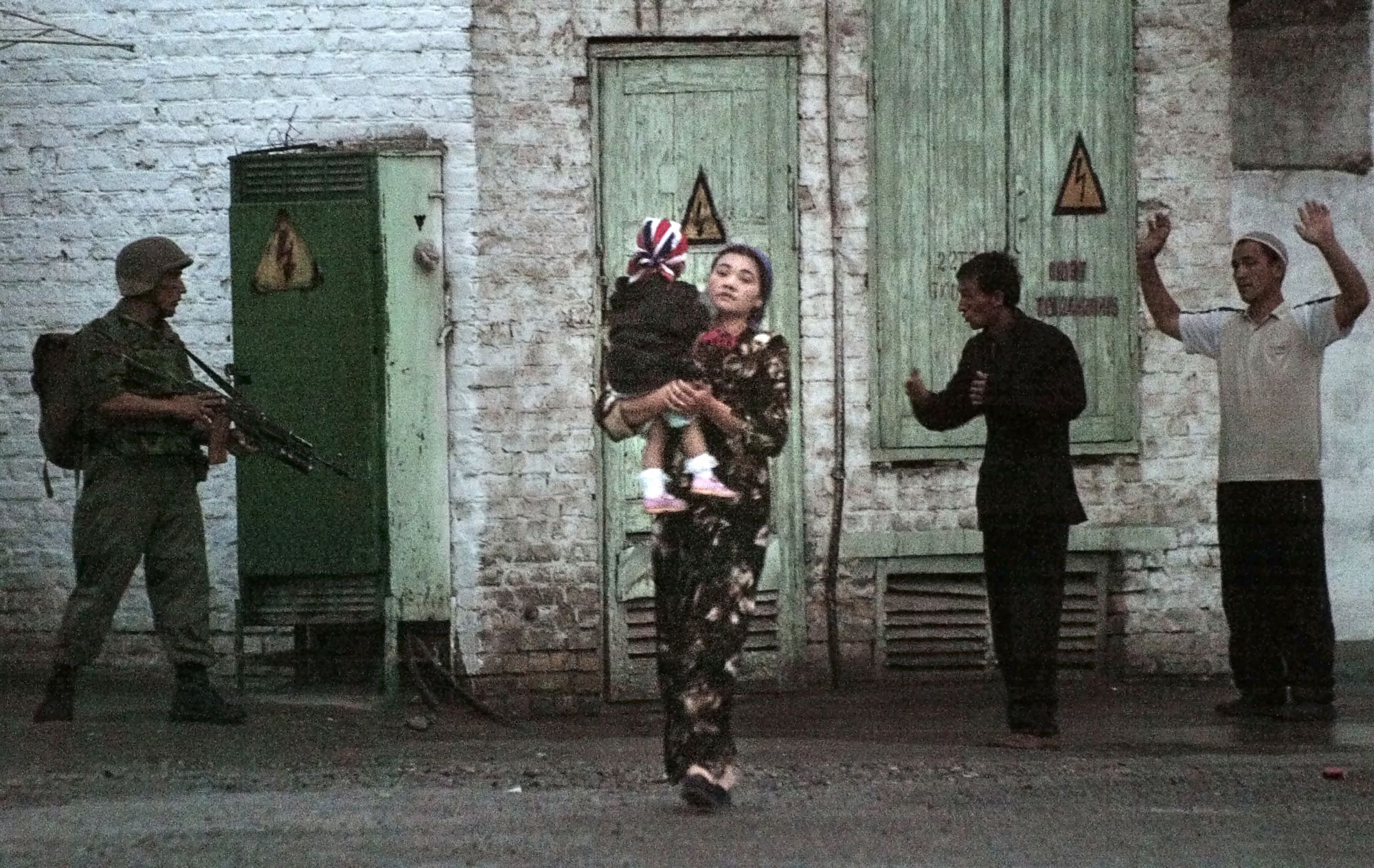
Karimov’s legacy of repression will live on
Uzbekistan’s Islam Karimov has passed on. But his legacy of repression, torture, massacres and slavery will impact millions of people for decades.
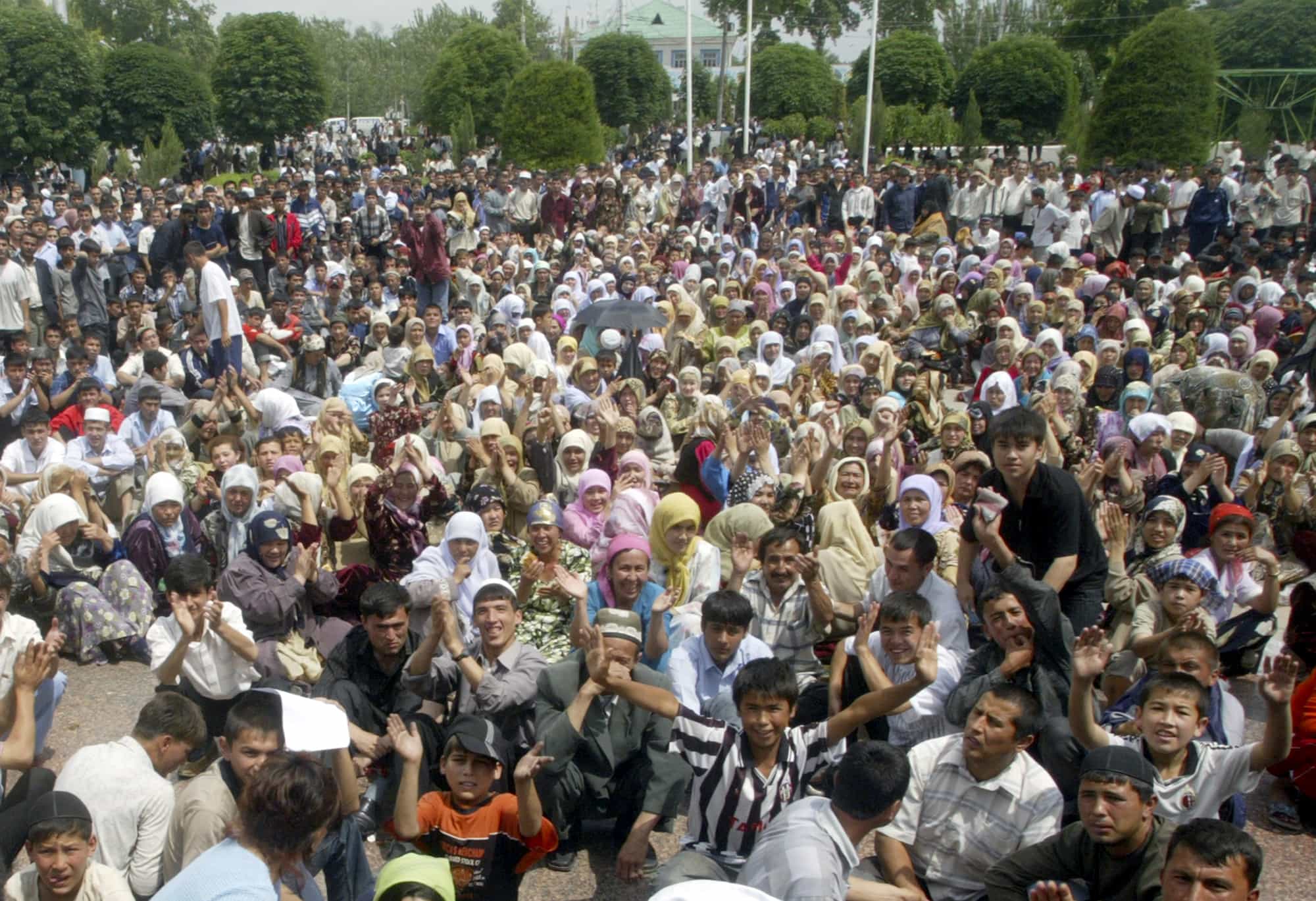
Uzbekistan: Eleven years after Andijan massacre, human rights situation remains dire
The United States, European Union, and other international actors should renew their calls for accountability by the Uzbek government 11 years after the Andijan massacre, Human Rights Watch said today. Uzbek government forces killed hundreds of mainly peaceful protesters in the eastern city of Andijan on May 13, 2005.
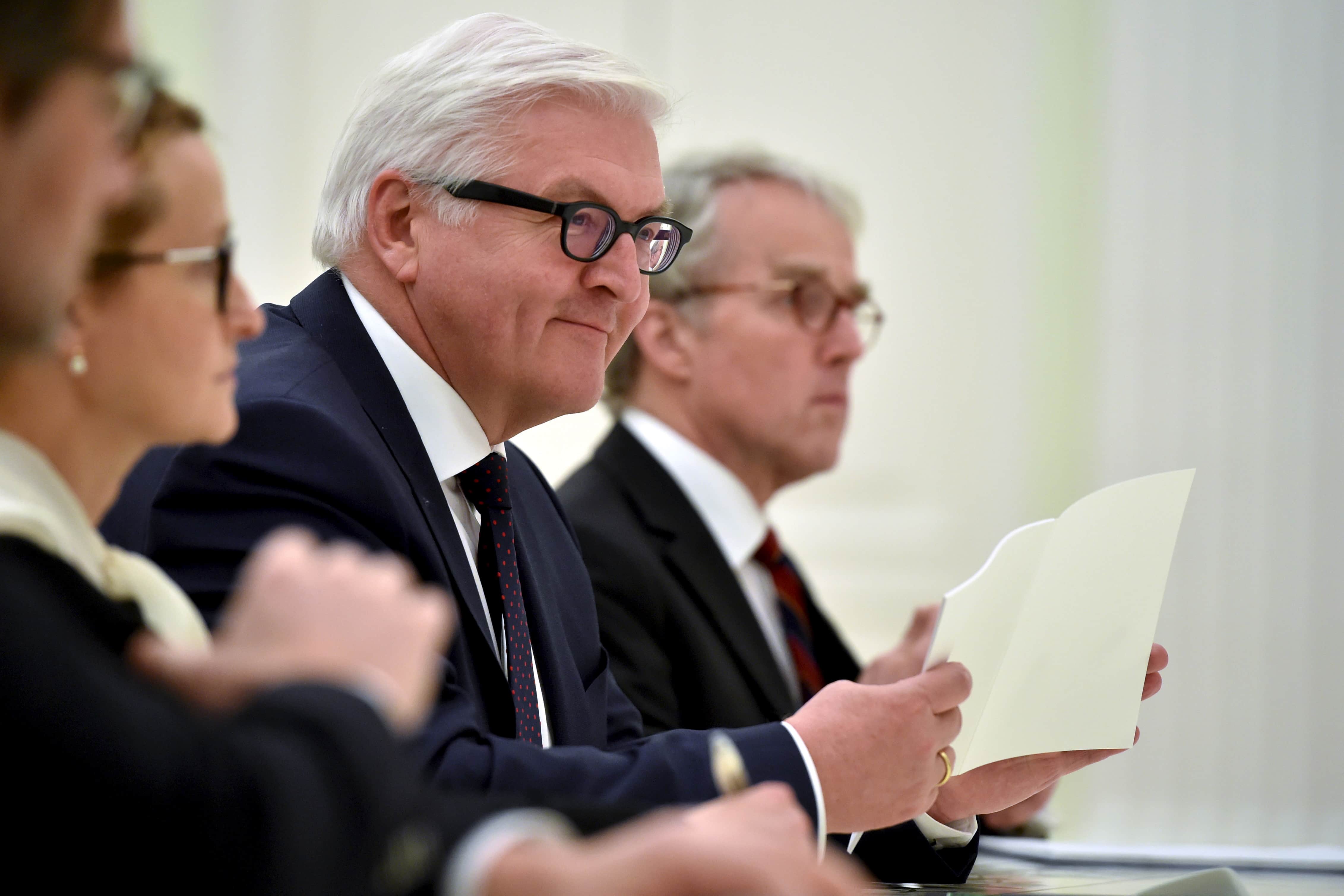
Going to Central Asia? Make the trip count
Germany’s foreign minister, Frank-Walter Steinmeier, is visiting Uzbekistan, Kyrgyzstan, and Tajikistan. He should press for an end to human rights abuses abuses when he meets the presidents and other politicians and speak publicly about specific abuses, including the jailing of activists in all three countries.

Uzbek activist freed after 21 Years
One of the world’s longest imprisoned peaceful political activists, Murod Juraev, was finally released from a jail in Uzbekistan on November 12, 2015, after 21 unjustified years behind bars.
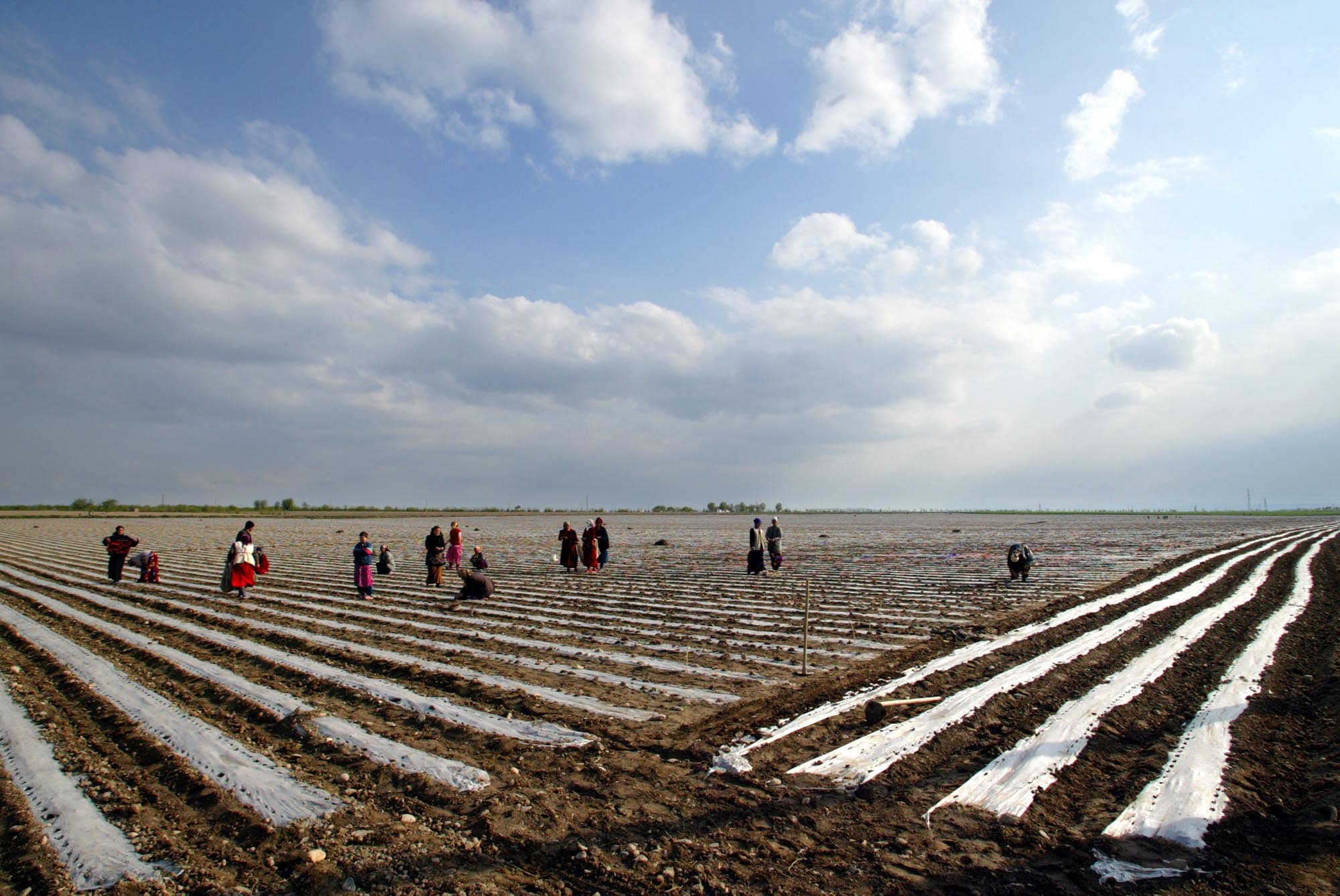
Activists beaten, detained for documenting forced labour in cotton fields
Uzbekistan police have detained two human rights activists in recent days as they documented forced labor in the country’s cotton fields. For years, the Uzbek government has relied on the forced labour of over a million people each year to pick cotton.
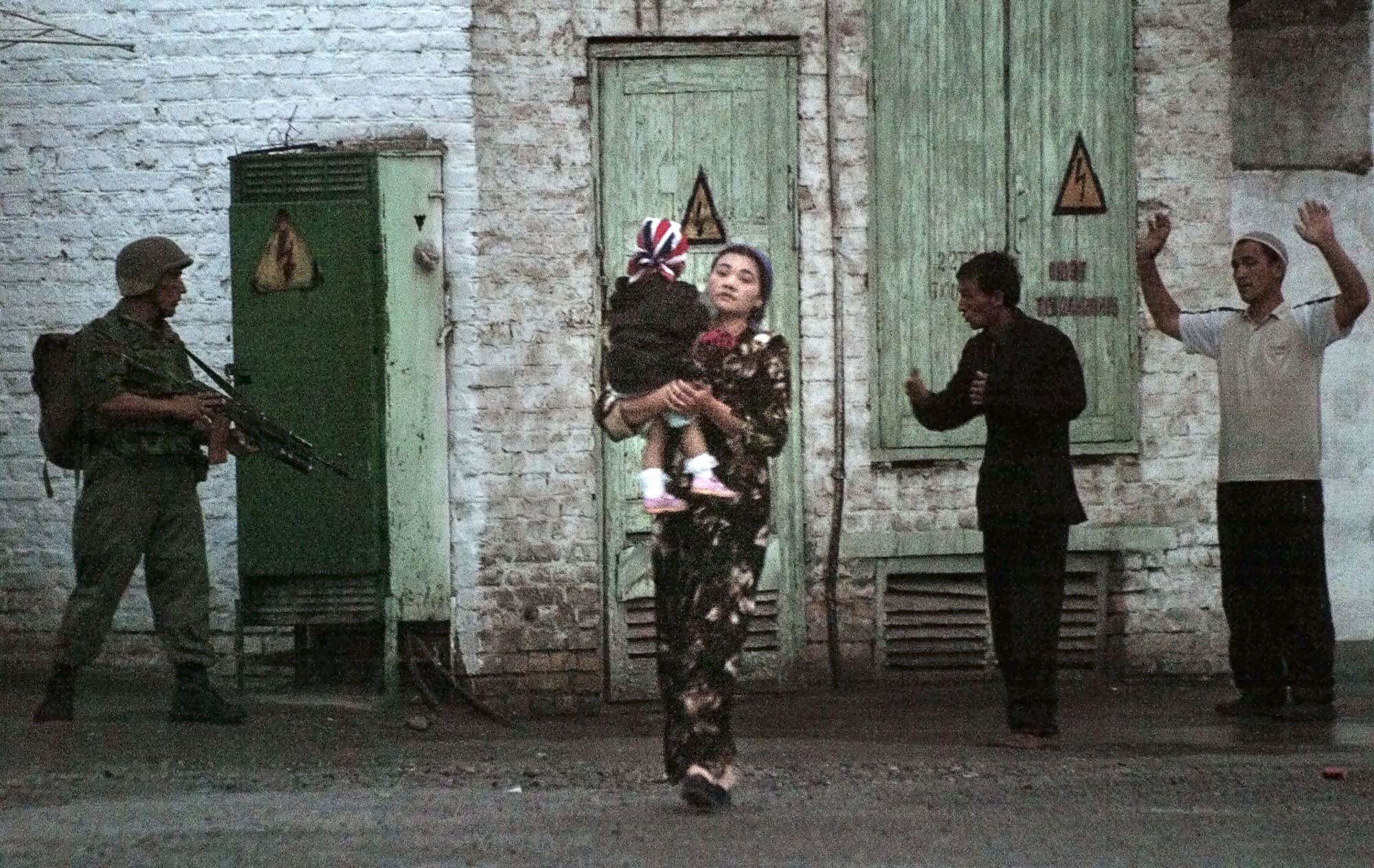
Impunity persists 10 years after massacre left hundreds dead
“Fear still hangs over the people of Uzbekistan.” On 13 May 2005, government forces killed hundreds of protesters who had gathered to speak out against poverty and government repression.

Uzbekistan: Hayrullo Hamidov, prominent journalist and independent religious figure, freed
The Uzbek authorities’ amnesty of a prominent journalist and independent religious figure should open the path to the release of other activists and religious believers imprisoned for the peaceful exercise of their fundamental rights, Human Rights Watch said.

Uzbekistan must probe prison death and release political prisoners
The Uzbek government has imprisoned thousands of people on politically motivated charges, including human rights and opposition activists, journalists, religious believers, artists, and other perceived critics.
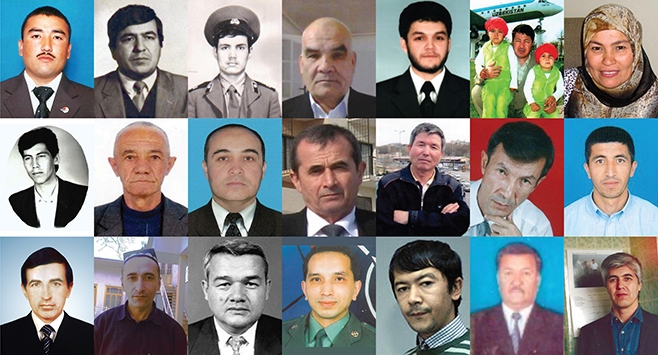
Uzbekistan: Prison, torture for human rights activists, journalists
Human rights activists, journalists, and others imprisoned by the Uzbek government on politically motivated charges suffer torture and abysmal prison conditions, Human Rights Watch said in a recently released report.

Critically ill activist freed in Uzbekistan
A court in Uzbekistan ordered the release of human rights defender Abdurasul Khudoynazarov on medical grounds on May 31, 2014. The Uzbek government should meaningfully investigate credible allegations of torture against him.
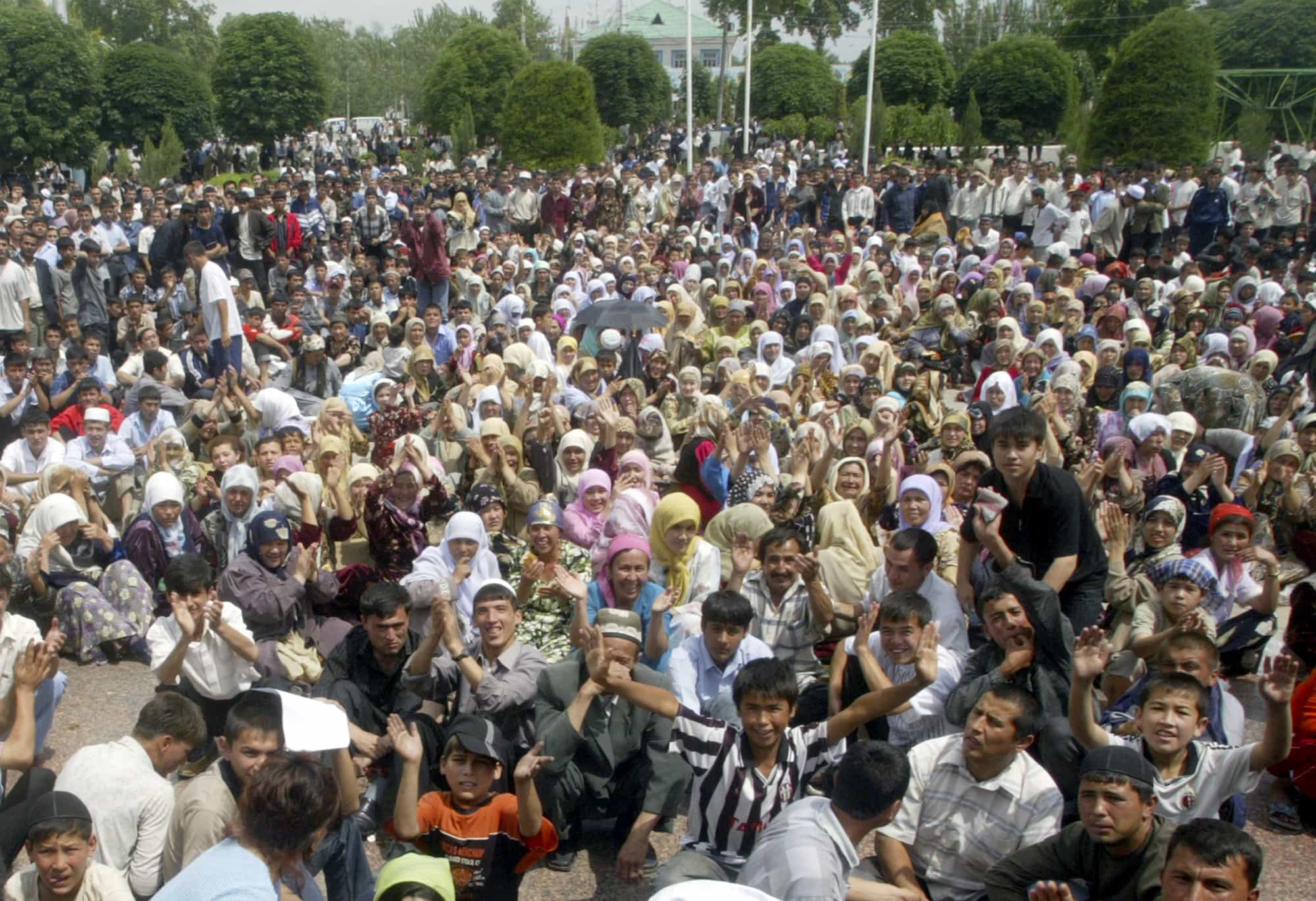
Uzbekistan: Andijan massacre case not ‘closed’
The United States and the European Union should press the Uzbek government for an independent, international inquiry into the massacre by government forces of hundreds of mainly peaceful protesters in the eastern city of Andijan on May 13, 2005, Human Rights Watch said today.